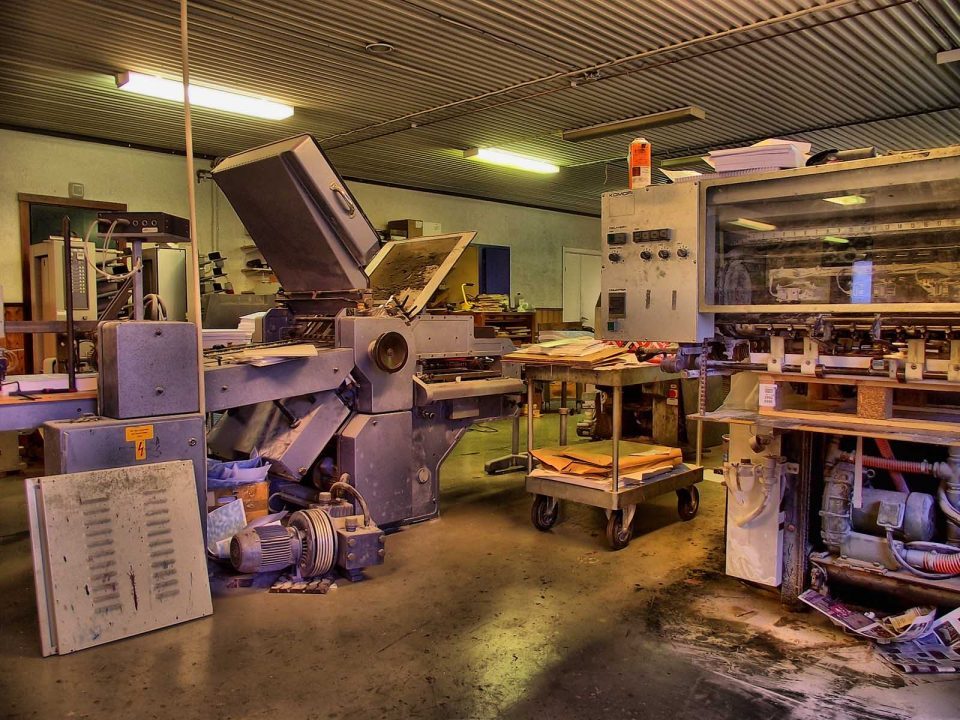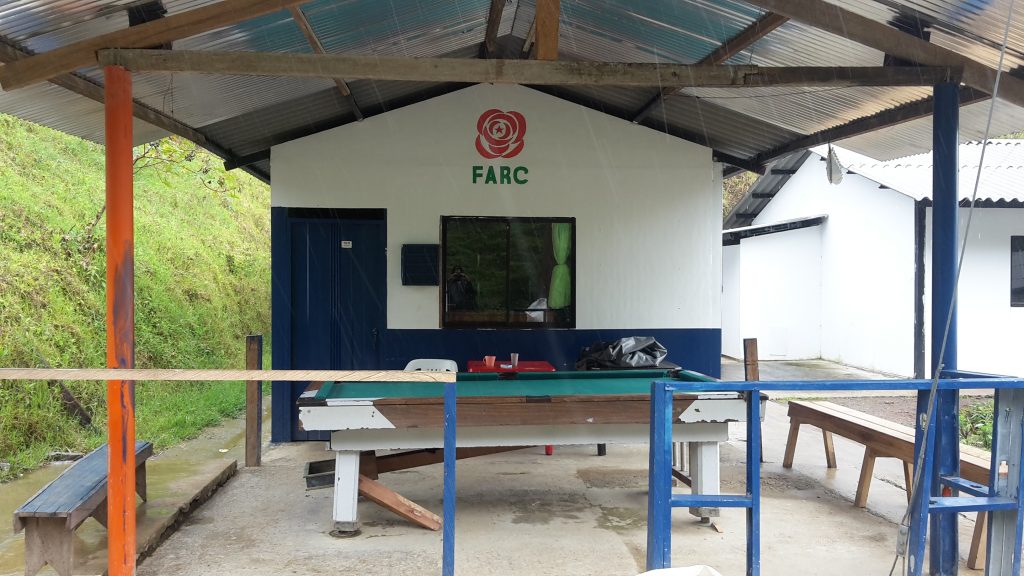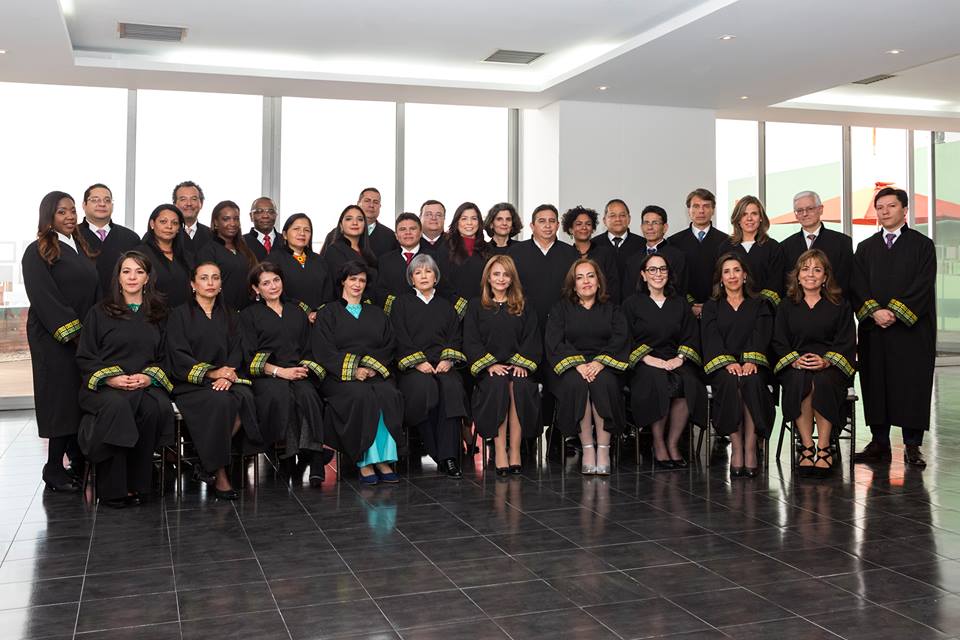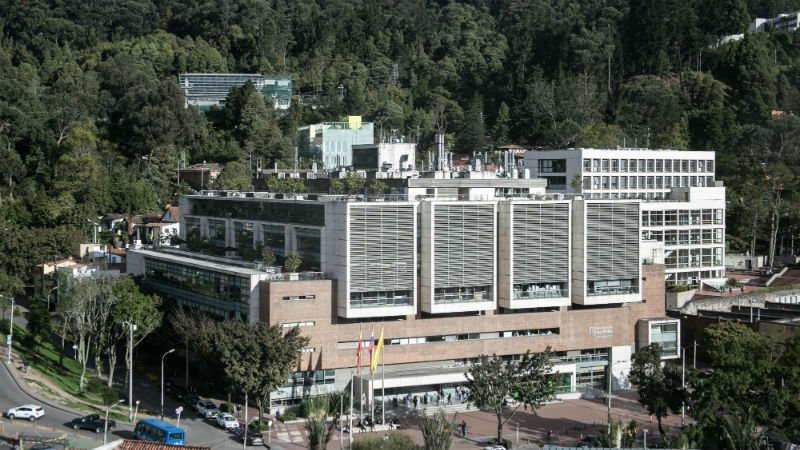
The printing press. Photo: Flickr
As Bogotá’s popular English-language newspaper, The Bogotá Post, celebrates another milestone, our founder-editor reflects on four years in print.
Many times over the last four years people have asked me: Why? Why set up the Bogotá Post? Why a printed newspaper? Why enter a dying industry?
The first ‘why’ is easy. Because I (and the rest of the team) believe in the importance of balanced, accessible and accurate information. Regular readers might say that we don’t always succeed, but we wear our keyboards thin trying.
‘Why print?’ is harder to answer. Call me old-fashioned, but I think even in this age of smart fingers and super-connected brains, people still like to hold a physical paper in their hands.
Is it a dying industry? Certainly, on a global level newspapers face lower advertising revenue than ever before. Several well-known media outlets have shut in recent years. But perhaps it’s more accurate to say that news media is a changing industry, though not necessarily always in a good way.
In 2018 we ingest more information in an hour than our great grandparents did in a month. The amount of time we spend online increases every year, as does the number of Internet users. There are now an estimated 4.27 billion web pages cluttering the electronic ether, and in just one day up to 1.8 billion digital images are uploaded to the net.
Related: The challenges of journalism in Colombia
So how is it that we live in an age where there is more content than ever, but media companies are laying people off because they can’t make ends meet?
Primarily, because it is not a question of print versus internet versus mobile versus TV. Rather, it is a question of ‘free versus paid’, of real journalism versus flimsy content. Today’s consumers want – even expect – to be able to get news for free, but journalism costs money. Money that used to come from selling ads and newspapers themselves. But as these revenues have shrunk, major media companies have found themselves going broke, unable to cover the difference.
Murky models
Sure, new finance models have emerged. Up-front subscriptions and paywalls may still support quality independent journalism. But now there are also murkier media models – the sponsored posts, donated stories, affiliated links and downright ‘fake news’ – where stories pose as free and independent content but mask the vested interests of commerce or politics.
It’s not all bad news. I believe the proliferation of voices enabled by the internet is incredible. I think the explosion of blogs and vlogs and goodness-knows-what-else-logs is astounding. I certainly could not have started a newspaper in any other decade. But what we are now discovering is that as relatively expensive journalism – with articles that have been investigated and fact-checked – gets replaced by cheap or free content, it has a negative effect on our society. I am not arguing that journalists are saints in this scenario, but there is a good reason that public trust in traditional media has reached an all-time low: no-one knows for sure who is telling the truth these days.
More means less…
And it’s true to say that these things have always happened, it is just that in the Internet age the changes are magnified, and faster. And the irony now is that as we consume more information than ever before, we often end up less informed and more polarised.
Cleverer minds than mine have been beating the ‘real journalism’ drum for some time. Good journalism takes time, it takes research, it takes experience and sometimes means taking a stand. It is not about glib opinions and cheap soundbites. It’s about writing the truth to the best of your understanding, in a form that is understandable and that your audience reads. And perhaps the reason that journalism-as-we-used-to-know-it is endangered is because many journalists stopped filling that role, even before the dramatic changes we’ve seen in information in the past decade.
So now, as we look at the recent scandals involving facebook and social media manipulation, my question to you is simple: if you are not paying for the news that you read, who is?
Our writers – and our readers – are a mix of Colombians and visitors to the country. Can we walk the line?
Publishing news and opinions in a foreign country in a foreign language takes nerve and trial-by-error. But we have learned much in the past four years while trying and get it right. For a start, we have an extraordinarily dedicated editorial team who give their time for free every month. And we have our regular readers who call us to account when we make mistakes.
Back in the early days, I overheard a Colombian remark, ‘How can foreigners tell people about our country?’ It is a comment I took to heart and it’s the reason we spend so long researching every story we write. Our foreign writers don’t pretend to know the country the way a native does. But with our mixed team, we can also offer a fresh perspective; one with local knowledge, but not necessarily influenced by the experience of growing up here, and one filtered through an international lens.
We are critical sometimes. Sometimes we disagree with the status quo – as do so many Colombians. But we try to do it from a position of balanced commentary rather than complaint, of constructive observations rather than ill-informed assertions. We are always conscious of the privileged position we are in as resident observers, and of our responsibility to be accurate and to give context.
We’ve had a lot of submissions from people (often those who’ve been here a short amount of time) who want to share their witty observations, drowning in generalisations and cheap jokes. I have no interest in publishing them. The Bogotá Post team love this country. But we want to tell it like it is, whether it’s good, bad, fun or sad, or simply a good yarn. We hope you like it and keep reading.
Our editorial quirks
To tilde or not to tilde
Being an English-language publication in a Spanish-speaking country throws up all kinds of editorial quandaries. We italicise all Spanish words, apart from those that have been adopted into English. So you might salsa in the evening but eat your empanada with a salsa. Originally, we followed the style guide of other English-language publications and did not put tildes on Colombian place names, a decision we reversed when people kept pointing out the “typo” in our masthead.
British English
The strong British contingent in our editorial team comes through in our language and our humour. We take holidays, walk on pavements, go travelling and visit theatres. We apologise a lot, but not for our antiquated words or our puns. Jog on.
Billions
Who knew that billions were not always billions? In British English the word billion used to mean a million million, which is still the meaning of the Spanish billón (1,000,000,000,000).
However, these days the American English billion – a thousand million is standard. So a billion equals mil millones and a trillion equals un billón.
Nobody’s perfect
When I preach about fact checking and talk about learning lessons, I should also be honest and say we’ve learned some of those lessons the hard way – like the time we put a picture of a coffee plant instead of a coca plant on the front page. We still make mistakes and we still find plenty of typos, but every article that appears in the printed newspaper has been edited twice and proofread twice too.
Thanks
There is not space here to thank everybody. But to special thanks to Oliver Pritchard and Freek Huigen, who have been involved in every edition since the start of the Bogotá Post. To our current editorial team. To Steven Grattan, Charlotte Ryan, Mark Kennedy, Azzam Alkadhi, Luisa Leon without whom the paper would never have got through its first year. To our advertisers. And since I’m being all theatrical, to you all – our readers.





